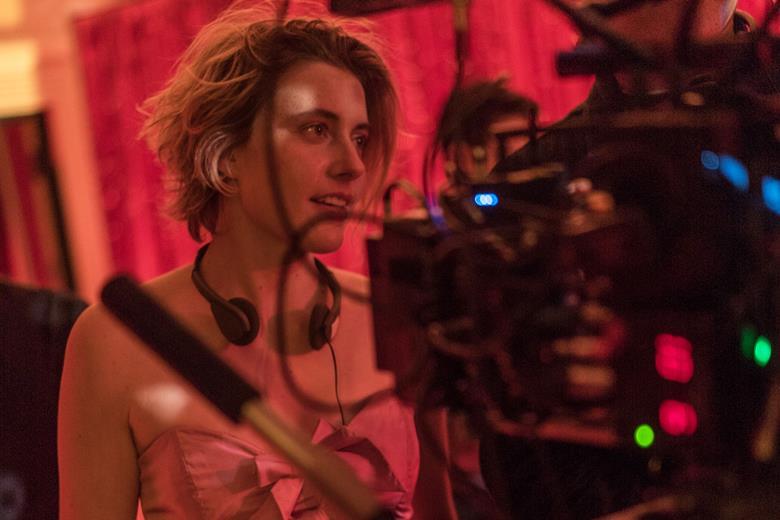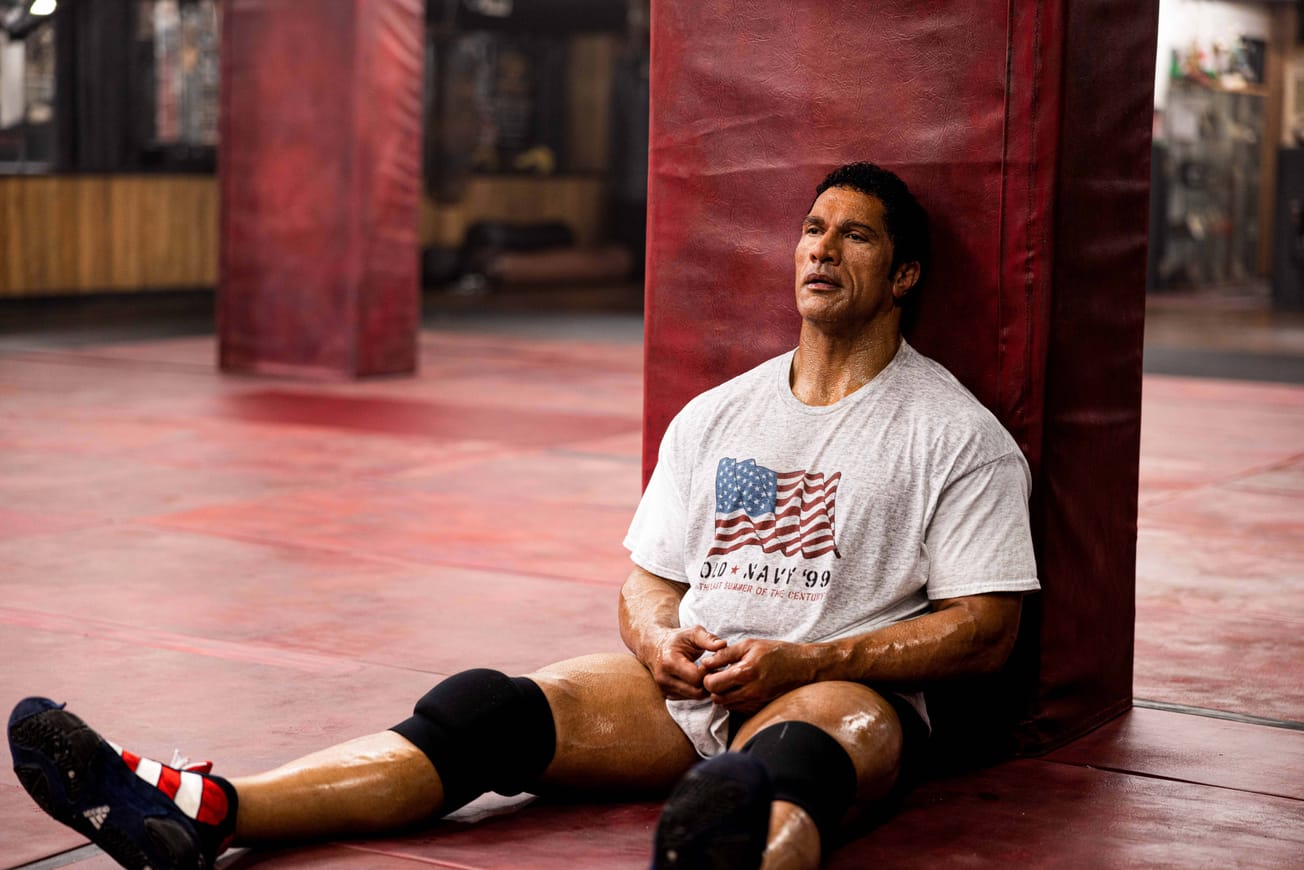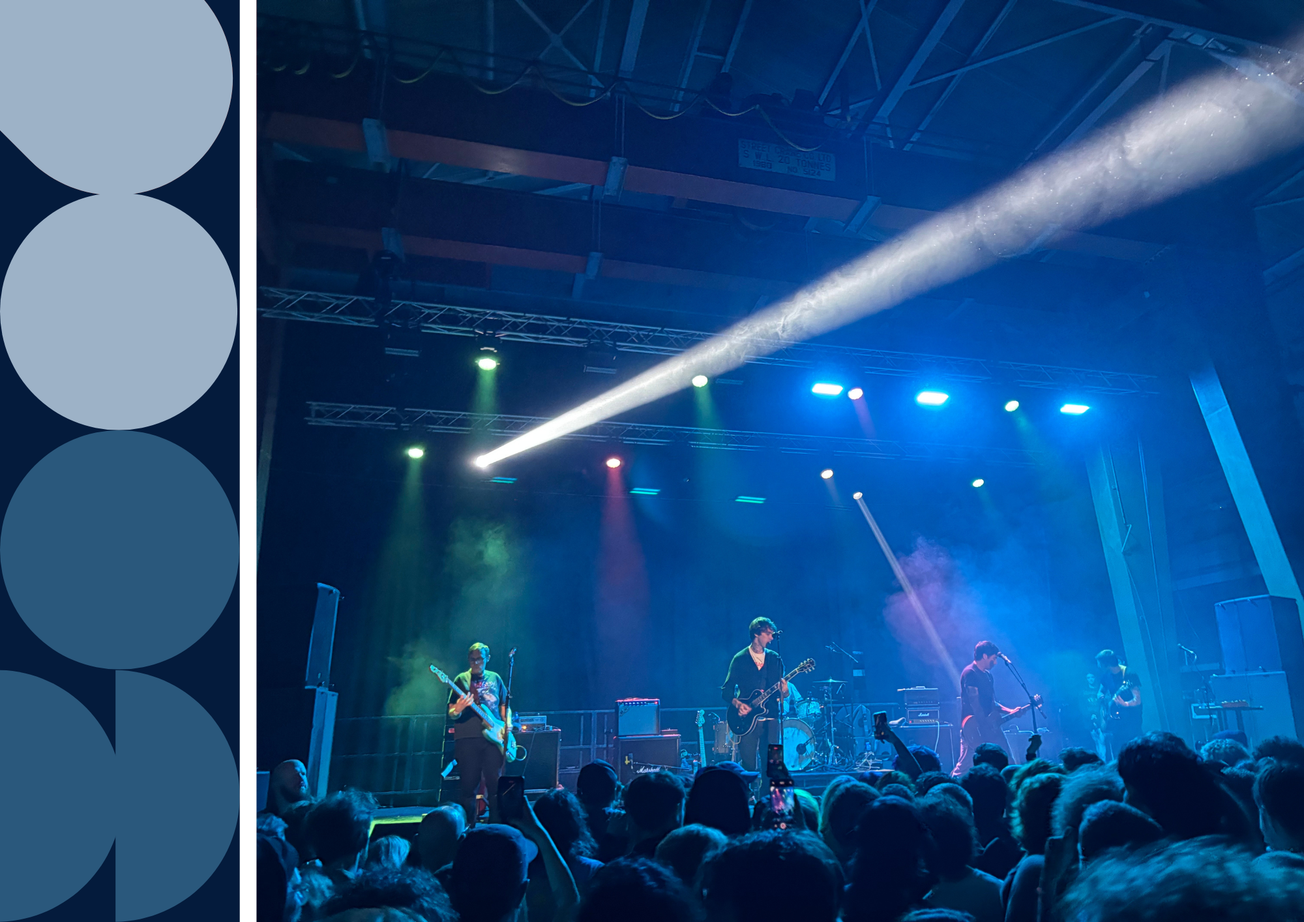By Daisy Game, First Year, English
As part of Epigram Film & TV's 'Feminist Icons' series, the significance of Greta Gerwig's career so far is explored from Frances Ha (2012) to Lady Bird (2017).
‘I like things that look like mistakes,’ muses a young woman in a New York dance studio. In 2012, co-writers Greta Gerwig and Noah Baumbach introduced us to Frances. Messy, sad and ‘too tall to marry’ Frances Ha(lladay) introduced Gerwig - writer, director, actress - to the rest of the world. The first woman in eight years to be nominated for an Academy Award for ‘Best Director’ with her coming-of-age Lady Bird in 2018, Greta Gerwig’s is a name to know.
Frances Ha is peppered with moments of hushed brilliance. Following a successful evening of smoking inside (followed by a meal of impromptu omelettes), Frances skips out of the door, and into action. Clad in high top sneakers and a leather jacket, she spins down the New York sidewalk, grinning at strangers and kicking at the zebra crossing. It is a delightful celebration of big-city-anonymity and urban belonging. A few moments later, we watch as Frances hurtles through the door of her own apartment, hanging up her key with a bounce and turning in expectation – what next? But the flat is empty; Bowie’s raucous vocals have come to a halt, and that ‘this-is-it, this-is-what-it’s-all-about’ moment is left out in the corridor. Shrugging, Frances smiles sadly at her own fantasy and rolls her eyes at reality. It’s not a ‘big’ moment. It is simply a wistful minute of feeling.
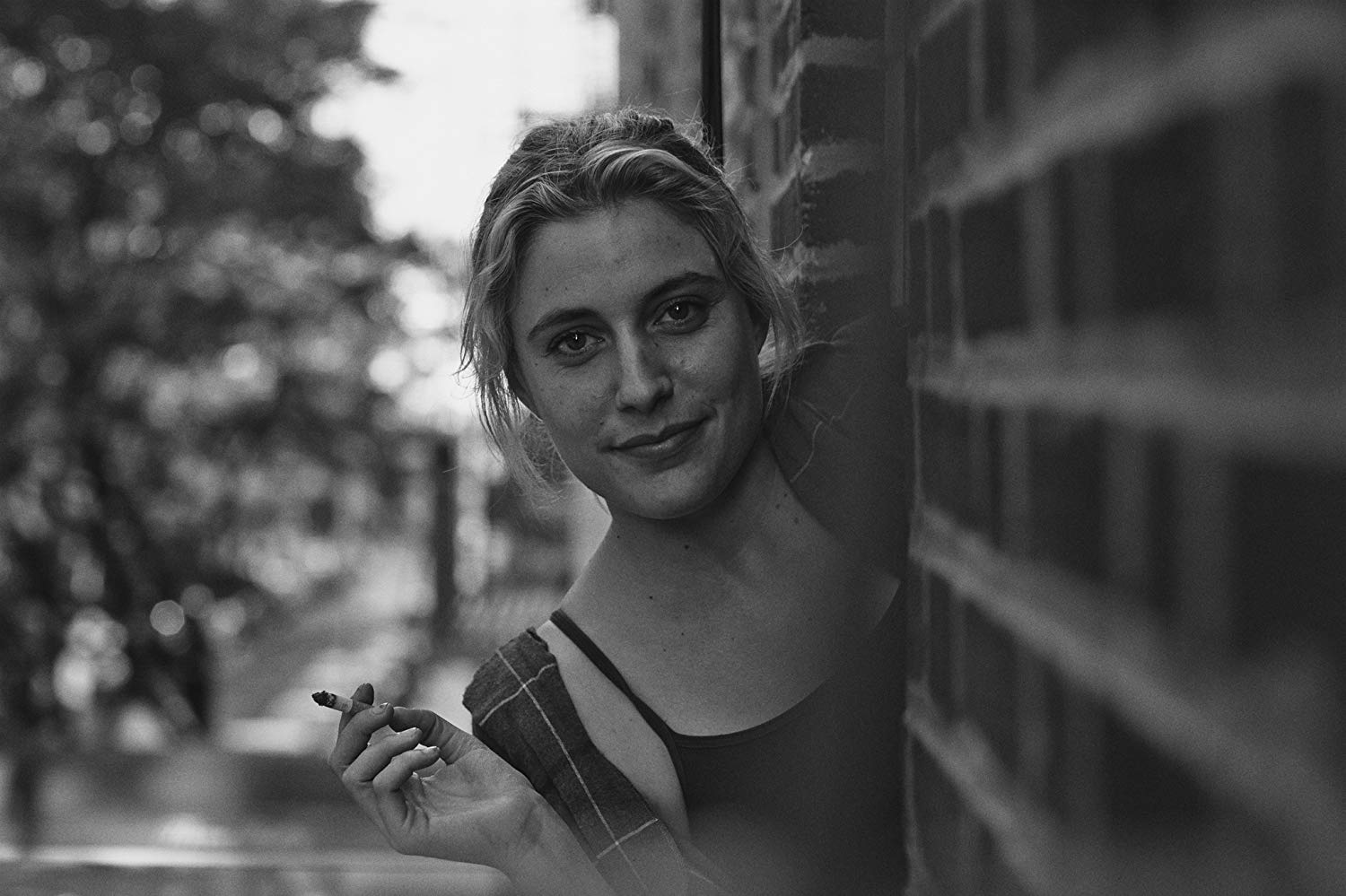
IMDB / IFC Films
Lady Bird proved equally insightful. Standing outside a church with a mascara stained hangover, Christine calls home. ‘Did you feel emotional the first time you drove in Sacramento?’ she asks over a long-distance line. ‘All those bends I’ve known my whole life’. Gerwig’s typically gentle nostalgia is very much present in last year’s triumph. But it isn’t quite the same as it was before. Things seem to have shifted a little.
The delivery of Gerwig’s wonderfully warm and scratchy script is just that little bit more authentic, less tightly stylised. In previous hits Frances Ha and Mistress America (2015), the acting is undoubtedly brilliant, but somehow more theatrical. The scripts are twitchier, more deliberately sculpted. With Lady Bird, there is more of an under-the-breath quality. Words trip into and over one another. The dialogue is softer, looser, and more cinematically fond. Gerwig’s writing brushes at something deeply private and oddly intimate. Perhaps, standing apart from Baumbach, she was able to give us something slightly more personal.
What is perhaps most wonderful about Lady Bird, however, is not its intimacy or its softness, but its wonderfully warm presentation of women. Both on and off screen, Gerwig has consistently championed the female experience. ‘I’m menstruating’, her character in 20th Century Women (2017), Abby, groans from beneath a shock of punk red hair pooled across the dinner table, before proceeding to teach a 15-year-old boy to repeat after her: menstruation. ‘Menstruation.’ ‘Not bad,’ she praises. Gerwig’s women are beautifully raw, and charmingly ‘un-charming’.
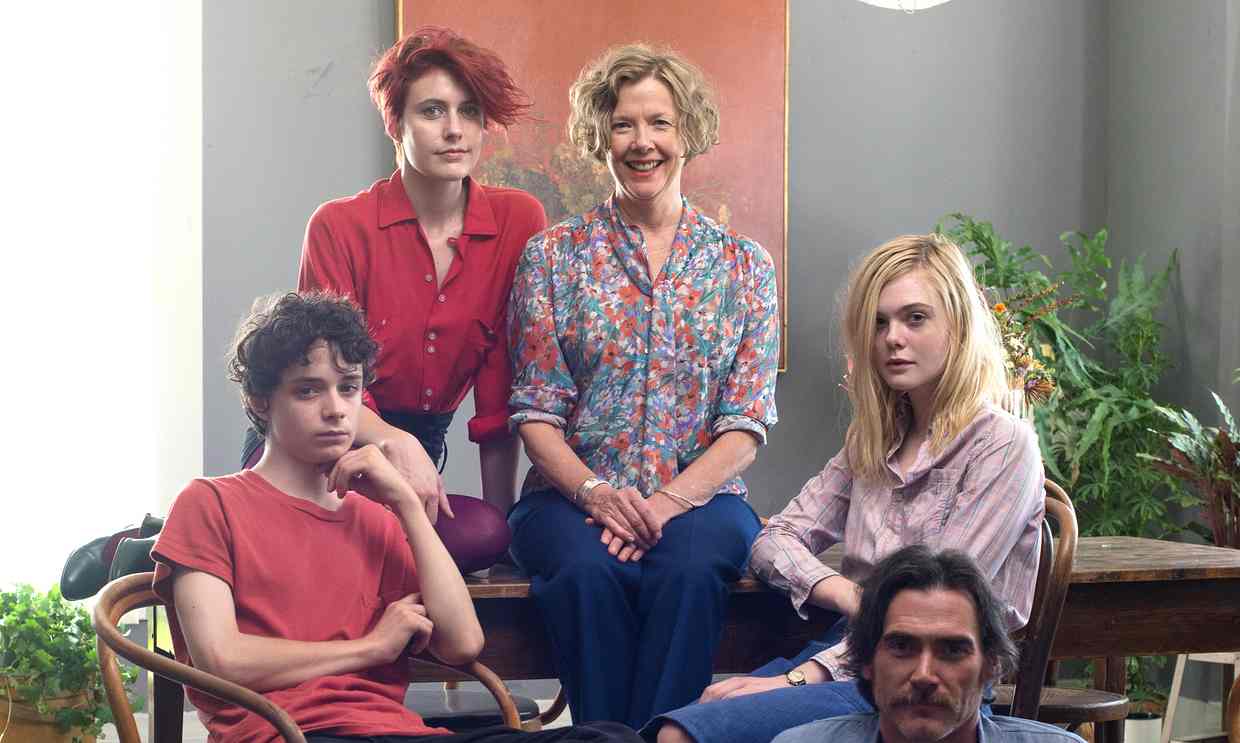
IMDb / 20th Century Fox / A24
‘Different things can be sad – it’s not all war,’ spits Christine (‘Call me Lady Bird’) after the resolutely disappointing loss of her virginity to Timothée Chalamet’s existential-anti-government-mop-haired-bad-boy Kyle. Her female characters are messy and sometimes unpleasant. Lady Bird is constantly making mistakes. Ignoring her best friend; screaming at a mother who works double shifts to support her. In response, Lady Bird’s mother informs her daughter that she might as well plan a trip to jail if her work ethic doesn’t improve. And yet – in the midst of this brutally spiky interplay between mother and daughter – there is an intense, burning beauty.
In an interview with NPR, Gerwig said she doesn’t ‘know any woman who has a simple relationship with their mother or with their daughter’, describing it instead as one of a ‘tremendous amount of love — and a tremendous amount of angst’. At the close of the film, Lady Bird rings home as Christine, and leaves a message for her mother: ‘I love you – thank you’.
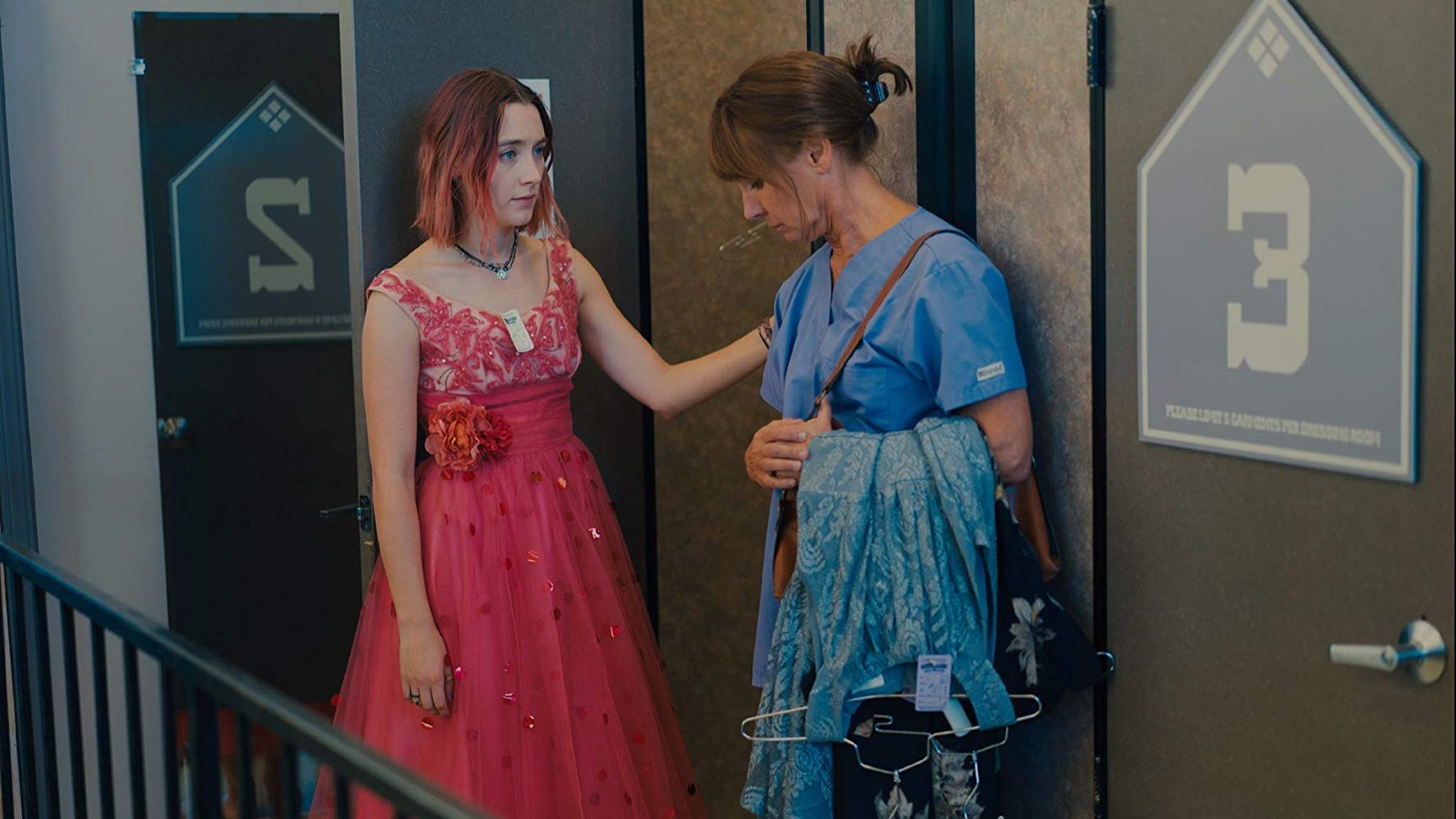
IMDb / A24
All the ugliness that has come before disappears. Gerwig’s women are imperfect and tough; rare and true and warm. It is this determination to explore the relationships women have with other women in a fond, loving manner which makes Gerwig’s work so important. Mother and daughter; sister in law to be with sister in law to be; college roommates and old school friends.
Next year, Gerwig brings us an adaptation of Louisa May Alcott’s Little Women. If her previous directorial work is anything to go by, I expect to love these women more than I ever have before. No pressure.
Merie Wallace / A24
Have you read about our other female film icons?
Facebook // Epigram Film & TV // Twitter

